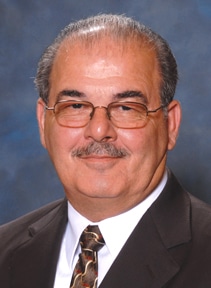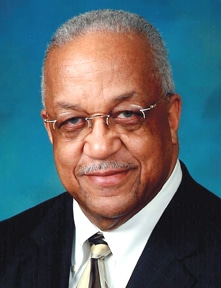By Bonnie Morr
Alternate Vice President – Bus Department
Right now in our country, economics is spelling out what transit and transportation will look like now and in the future.
The UTU Bus Department has been following the trends for funding that are necessary for passenger and public transportation to meet the needs of an aging population and growing automobile congestion.
It does not look good.
In every town and community, hard decisions must be made — and we want those decisions made by lawmakers who understand the importance of adeuate, reliable and safe public transportation, including transportation of school children by bus.
We have a responsibility to our families, children and community to make sure that the funding for public transportation stays in place. We can do that with our votes on Election Day, Nov. 2.
When we say, “vote your paycheck,” keep in mind that the jobs of UTU Bus Department members depend on adequate, reliable and safe funding for public transportation.
We need to get out the vote for labor-friendly candidates who support adequate, reliable and safe public transportation.
Think jobs, because there are candidates out there who are coming after our jobs.
When you cast your ballot on Election Day, support candidates who will do the right thing when it comes to funding and ensuring adequate, reliable and safe public transportation.
I am a laborer. I drive a bus. I want the labor protections that labor-friendly candidates will honor with laws and regulations that my mother fought for as an organizer for the Ladies Garment Workers Union.
We have protections as union bus operators, and we want to extend those protections to the unorganized.
Let us all support candidates who are pledged to increased funding for public transportation, job security, safe working conditions and an environment that respects working families.
To view the list of labor-friendly candidates, click on the following link:
https://static.smart-union.org/worksite/PDFs/2010_cong_endorsements.pdf

 By James A. Williams
By James A. Williams